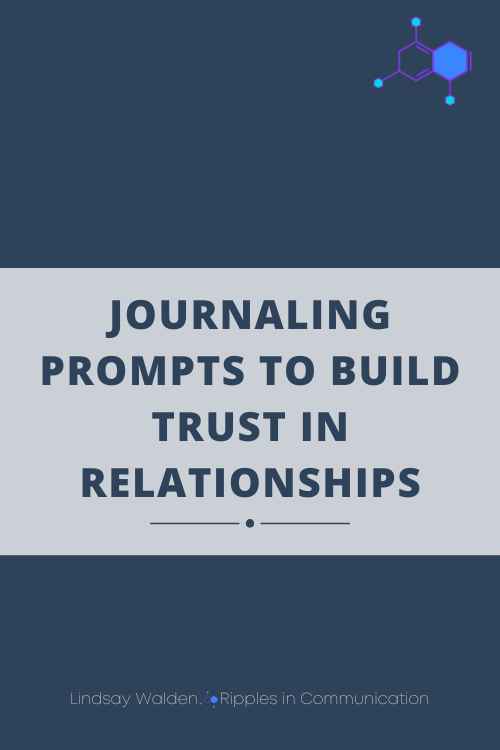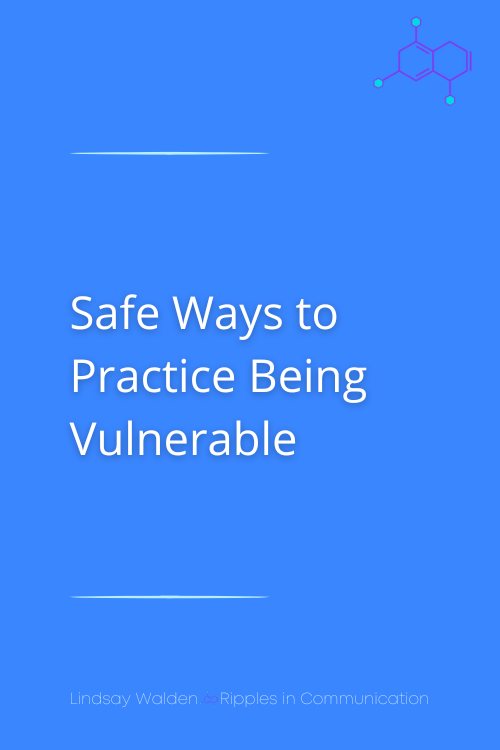The Courage to Be Vulnerable Using the Right Journal
Vulnerability is the foundation of authentic relationships. While it can feel risky to open up, sharing your thoughts, feelings, and fears creates deeper bonds and builds trust. The CNT Vulnerability Journaling Tool, included in the CNT Toolkit Sampler, helps you explore and embrace vulnerability in a safe and reflective way.
In this blog post, we’ll delve into the importance of vulnerability, provide journaling prompts to guide your self-reflection, and share examples of its transformative impact.
Wait! Before you proceed, make sure you grab your FREE CNT TOOLKIT SAMPLER!
Have you grabbed your FREE CNT Toolkit Sampler yet? It’s packed with science-backed tools designed to help you regulate emotions, manage stress, and develop deep self-awareness. If you’ve ever felt overwhelmed by your reactions or stuck in negative thought patterns, this toolkit will give you the proven strategies I use with clients to help them strengthen emotional neutrality, rewire unhelpful responses, and build lasting resilience. Inside, you’ll find practical exercises and guided reflections to help you navigate challenges with clarity and confidence. Enter your email below, and I’ll send it straight to your inbox!
Reasons Vulnerability Matters
Being vulnerable allows you to:
Build Trust: Openness invites others to connect with you on a deeper level.
Strengthen Resilience: Acknowledging your fears and challenges helps you grow.
Enhance Emotional Intimacy: Sharing authentically builds stronger relationships.
The Neruoscience Behind It: Research on vulnerability highlights its role in deepening emotional bonds and improving mental well-being.
How to Practice CNT Vulnerability Journaling + Journal Prompts
Define What Vulnerability Means to You
Journal Prompt: “What does vulnerability look and feel like in my life?”
Reflect on Past Experiences
Journal Prompt: “Write about a time when you shared something vulnerable. How did it affect your relationship and yourself?”
Explore Vulnerability and Trust
Journal Prompt: “How is vulnerability linked to trust in my relationships?”
Plan for Future Practice
Journal Prompt: “What’s one way I can practice being more vulnerable this week?”
Real-Life Example: How Journaling Helped Megan Embrace Vulnerability
Scenario: Megan often avoided discussing her fears with her partner, leading to feelings of disconnection.
Practice: Through journaling, Megan reflected on her fear of judgment and identified small, manageable ways to open up about her emotions.
Outcome: By sharing more honestly, she deepened her emotional connection with her partner and felt more supported.
3 Tips for Practicing Vulnerability Safely
Start Small
Begin by sharing minor thoughts or feelings before discussing deeper issues.
Choose the Right People
Be vulnerable with those who have earned your trust and respect.
Reflect on the Impact
Journaling Prompt: “What did I learn about myself from being vulnerable?”
Benefits of Vulnerability Journaling
Increased Self-Awareness
Reflecting on vulnerability helps you understand your emotions and fears.
Stronger Relationships
Authentic sharing builds deeper emotional bonds.
Improved Confidence
Embracing vulnerability builds courage and self-acceptance.
Conclusion: Unlock the Power of Vulnerability
Vulnerability isn’t a weakness; it’s a strength that builds connection, trust, and self-growth. The CNT Vulnerability Journaling Tool provides a safe space to explore and practice this transformative skill.
Download the CNT Toolkit Sampler now to start using Vulnerability Journaling and experience deeper, more authentic relationships.







